
- Details
- By:
- Category: Machine Learning
As society emerges from the shadow of COVID-19, businesses confront a complex challenge: ensuring a safe work environment while grappling with potential health risks. The application of Artificial Intelligence (AI) and the Internet of Things (IoT) offers a promising frontier in championing workplace safety, transforming how protections are implemented and adherence is maintained. By integrating cutting-edge technology within safety mandates, we're paving the way toward a more secure, compliant, and accident-free workplace.

- Details
- By:
- Category: Machine Learning
Artificial intelligence has ushered in a new era where creativity meets technology, transforming the landscape of various fields. The sphere of visual arts is one such domain that has been thoroughly reinvented with the introduction of AI art generation tools. Such tools empower individuals, regardless of their artistic background, to produce images that were once confined to the imaginations of traditional artists.

- Details
- By:
- Category: Machine Learning
The pace at which the field of artificial intelligence (AI) is evolving is nothing short of breathtaking, making it imperative for those with a vested interest in technology to actively keep up with the rapidly shifting landscape. One of the best ways to do this is by attending industry conferences, where the latest breakthroughs and applications in AI are at the forefront. As we look to the latter half of 2023, an array of conferences across the globe presents invaluable opportunities for learning, networking, and growth.
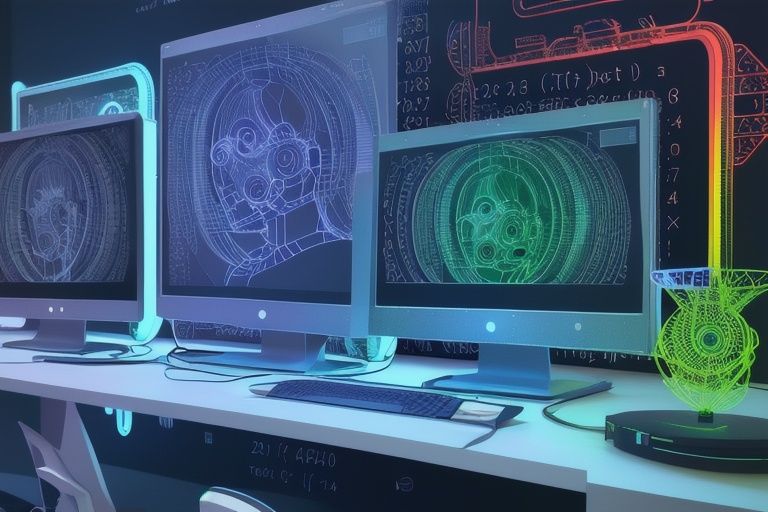
- Details
- By:
- Category: Machine Learning
Artificial intelligence (AI) has firmly established itself as an invaluable asset in modern-day business, particularly in the realm of marketing. As sophisticated AI technology proliferates, companies are rapidly transforming their approach to customer engagement, brand management, and competitive positioning. The deployment of AI in marketing strategies not only provides impressive outcomes but also ushers in a new era of innovation and efficiency.

- Details
- By:
- Category: Machine Learning
Artificial intelligence (AI) is not just the stuff of science fiction; it has become a central part of our everyday reality. Sophisticated algorithms enable virtual assistants to manage our schedules, while smart recommendation systems suggest the next movie we might enjoy. This rapidly evolving technology is redefining what machines are capable of, as they take on tasks traditionally requiring human intellect, such as perception, reasoning, learning, and problem-solving. The extraordinary capabilities of AI are fueled by algorithms that can recognize complex patterns, make predictions, and reach decisions, all without direct human input.
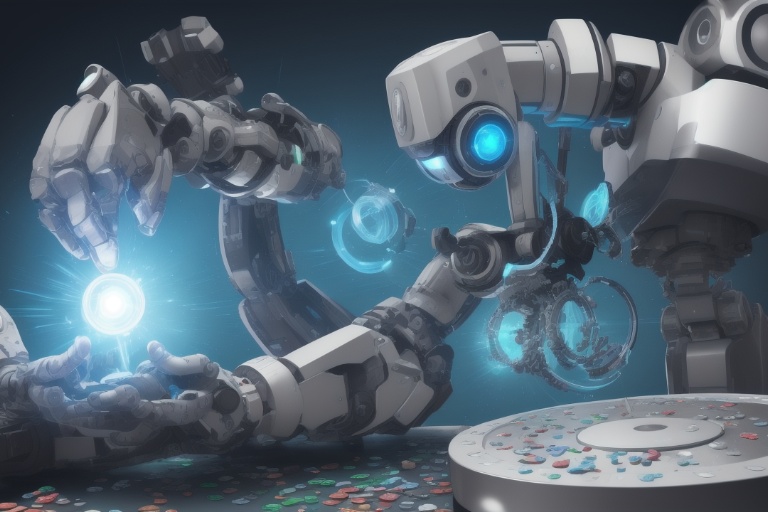
- Details
- By:
- Category: Machine Learning
Artificial Intelligence (AI) has carved out a significant role in the fabric of modern industry, its tendrils weaving through the realm of B2B marketing with compelling influence. As the AI landscape continually evolves, staying abreast of its latest developments is not just beneficial but essential for B2B marketers who aspire to remain competitive and innovative in harnessing the power of this transformative technology. With a wealth of blogs dedicated to AI, it can be daunting to discern which ones offer the most valuable insights. This curated list of the top 20 AI blogs is a talisman for B2B marketers seeking to deepen their understanding of AI's practical applications, industry-specific use cases, and to anticipate the future trajectory of AI and machine learning technologies.

- Details
- By:
- Category: Machine Learning
The realm of artificial intelligence (AI) has transcended the boundaries of science fiction and firmly rooted itself in today’s technological landscape, redefining the way we live and work. The promise of AI is no longer just a distant dream but is manifesting through the innovations and advancements driven by leading tech companies. Titans in technology, such as Apple, Microsoft, and Alphabet, are spearheading this transformative wave, investing heavily in AI research and development with the potential to significantly alter various industries.
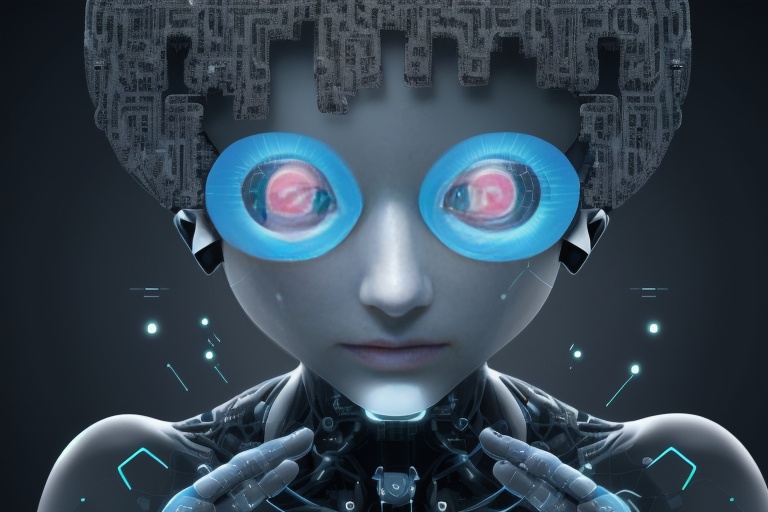
- Details
- By:
- Category: Machine Learning
The rapid advancement of artificial intelligence (AI) promises to be a defining force shaping the landscape of technology and daily life. Under the scrutiny of tech experts and ethicists alike, AI poses a variety of questions and possibilities for nearly every sector imaginable. Al Rizzi, Chief Technology Officer at the Boston Dynamics AI Institute, champions the notion that AI, bereft of actual consciousness or emotional capabilities, can safely be integrated into our world. This perspective offers a reminder of the unfounded nature of fears surrounding AI's development.

- Details
- By:
- Category: Machine Learning
The realms of Artificial Intelligence (AI) and Data Science are often seen overlapping each other, yet they stand as unique disciplines with specific objectives and emphases. Diving into these areas unlocks a plethora of career possibilities for those endowed with a variety of skills. It's imperative, however, that individuals align their choice between AI and Data Science with their personal interests, proficiency, and aspirations. Through this article, we aim to dissect and lay out the intricacies of each domain to aid our readers in making a calculated career decision.

- Details
- By:
- Category: Machine Learning
The intersection of artificial intelligence (AI) and machine learning with our daily lives is a topic that fascinates many of us, provoking both anticipation and apprehension. As we navigate through the complexities of these technological advancements, the collective imagination often runs wild, contemplating a future where AI might outpace human intellect. This theme has consistently made its way into the realm of science fiction, providing a canvas for storytellers to paint potential outcomes of our tech-driven trajectory.
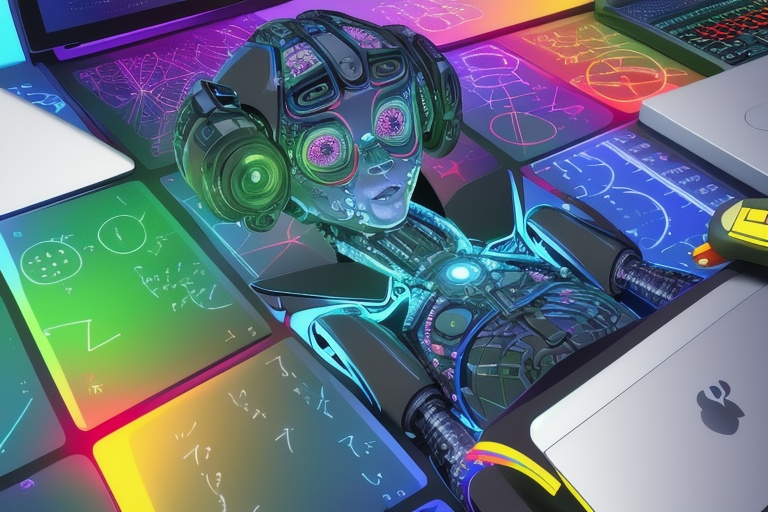
- Details
- By:
- Category: Machine Learning
The field of artificial intelligence (AI) is one that has witnessed immense growth and transformation across the globe. Standing at the forefront is China, a nation that has garnered attention not only for its rapid economic advancement but also for its impressive strides in AI development. This boom has seen China's AI industry burgeon into a multi-billion-dollar sector, with growth trajectories indicating no sign of slowing down.
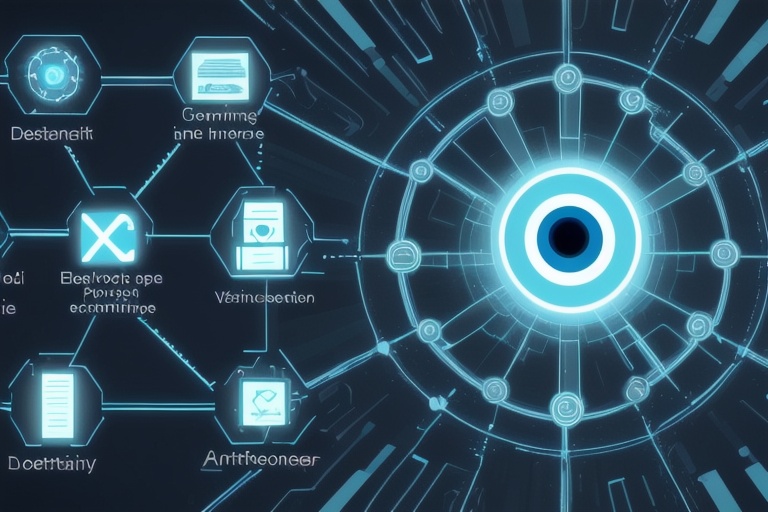
- Details
- By:
- Category: Machine Learning
Artificial intelligence (AI) has rapidly shifted from being a niche topic to a significant influence in our daily lives. From shaping the way we shop online and interact with voice-activated assistants to transforming transportation with self-driving cars, AI's reach is extensive and ever-expanding. The promise of AI is not only reshaping industries but also creating a robust demand for skilled professionals. This is a pivotal moment to consider a career in this intriguing domain.

- Details
- By:
- Category: Machine Learning
Artificial Intelligence (AI) has become a transformative force across numerous industries, reshaping the way we approach work and productivity. This innovative technology has made a notable impact in fields such as programming, machine learning, and the burgeoning realm of gig work. While the adoption of AI streamlines operations and enhances safety protocols, it is imperative to acknowledge and mitigate the potential downsides associated with its widespread integration in the workplace.
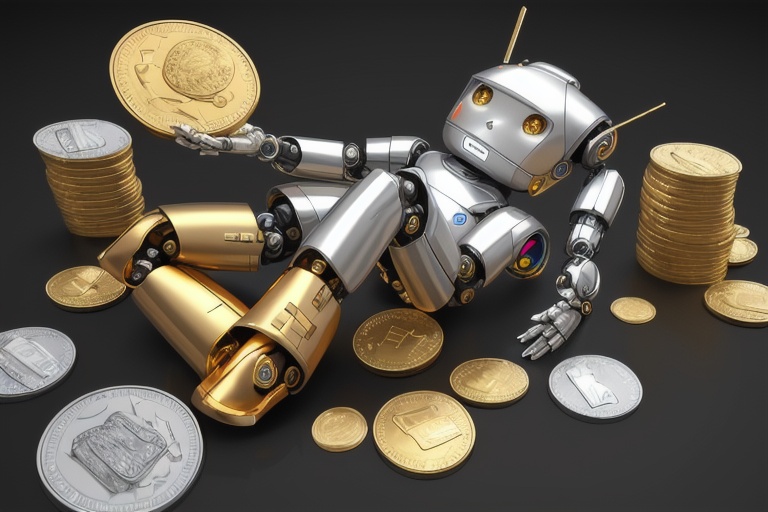
- Details
- By:
- Category: Machine Learning
Artificial intelligence (AI) and machine learning (ML) are at the forefront of technological innovation, transforming how we live, work, and interact with the world around us. They are no longer just buzzwords or concepts confined to research labs; AI and ML have become integral to the products and services we use every day. This article examines the latest trends in artificial intelligence, with a particular focus on the development and application of generative pre-trained transformers (GPTs) such as OpenAI's GPT-3, and the implications of these advancements on various industries.
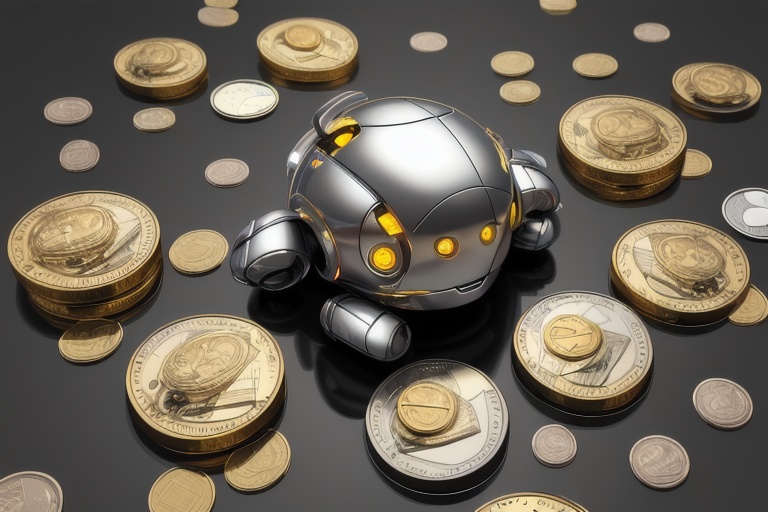
- Details
- By:
- Category: Machine Learning
The realm of technology is constantly expanding, and at the forefront of this growth are the fields of artificial intelligence (AI) and computer science. Both areas have become key pathways for those looking to advance in engineering careers, fueling a surge in demand for specialized education. It is imperative for aspiring students and professionals to understand the differences between a master's degree in Artificial Intelligence and a master's degree in Computer Science in order to make informed decisions about their futures. These advanced degrees are not just educational achievements; they are passports to the cutting-edge careers that are shaping our world.
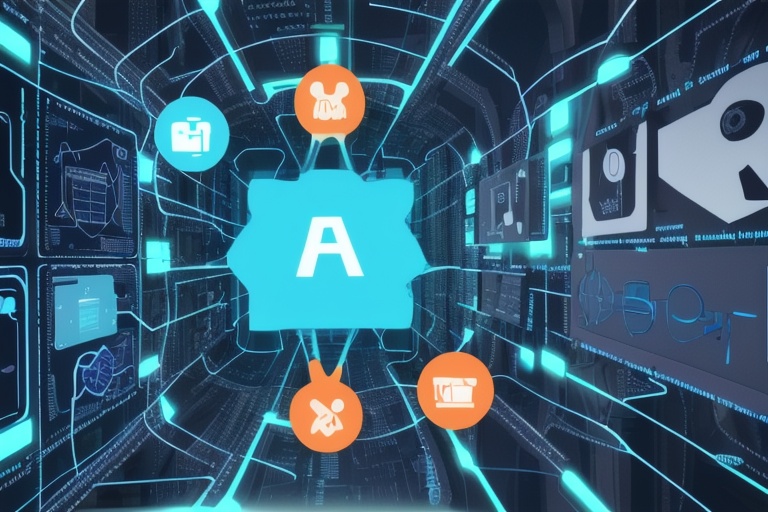
- Details
- By:
- Category: Machine Learning
Artificial intelligence (AI) is changing the game in our everyday interactions with the world. The technology that once seemed like pure science fiction is now an everyday reality, touching everything from how we manage our email to the way businesses streamline their operations. This marvel of modern computing is not just about robots and futuristic gadgets; it’s about practical solutions to everyday problems, increasing efficiency, and opening new avenues for innovation. Let's dive into how AI has become a cornerstone for businesses and everyday life, shaping a future that is both exciting and challenging.
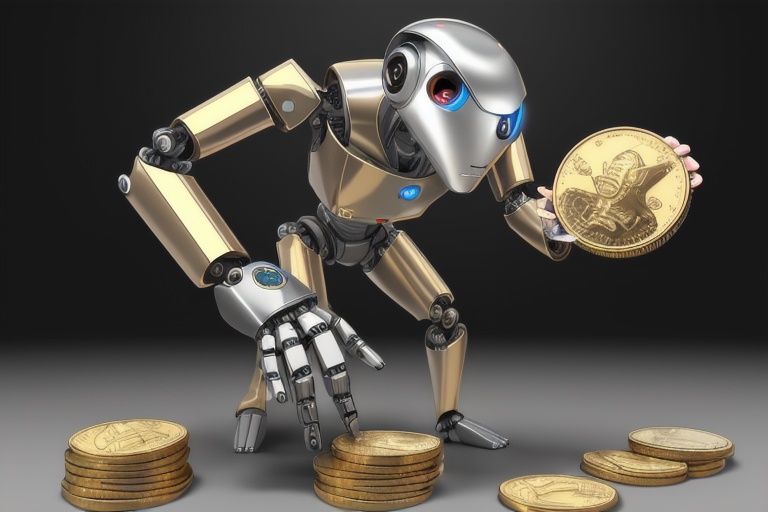
- Details
- By:
- Category: Machine Learning
The field of artificial intelligence (AI) is not just an intriguing area of study; it's a rapidly expanding industry that is shaping the future. With technology evolving at an unprecedented rate, the labor market has been witnessing a significant increase in the need for experts in AI. To cater to this growing demand, some of the world’s most prestigious universities are offering specialized master’s degree programs in AI. These rigorous academic tracks are designed to provide a deep dive into the intricacies of artificial intelligence, opening up numerous career avenues for graduates in various sectors including engineering, research and development, product management, and consulting.
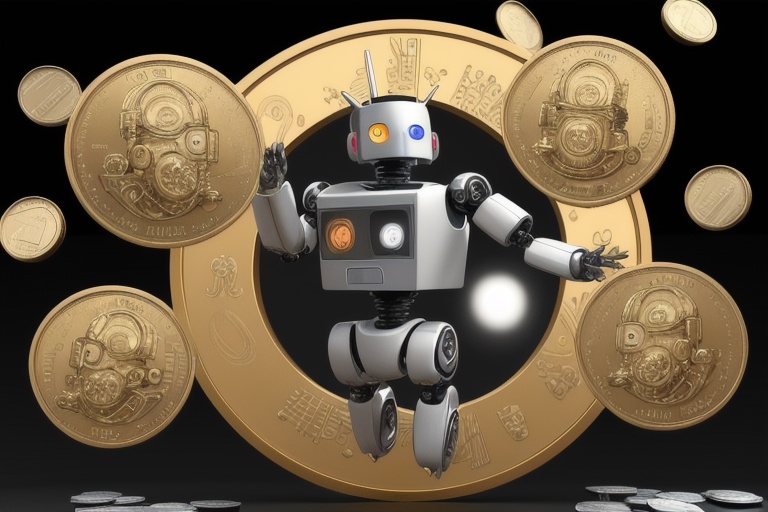
- Details
- By:
- Category: Machine Learning
Artificial intelligence (AI) has rapidly become a cornerstone in enhancing various facets of daily life and industry operations. This transformative technology is reshaping numerous areas, with one of the most noteworthy being the realm of programming, particularly as it pertains to Power BI of Microsoft’s design. The seamless blend of AI with this formidable business analytics tool is equipping companies with the means to interpret complex data through a powerful, insightful lens.



